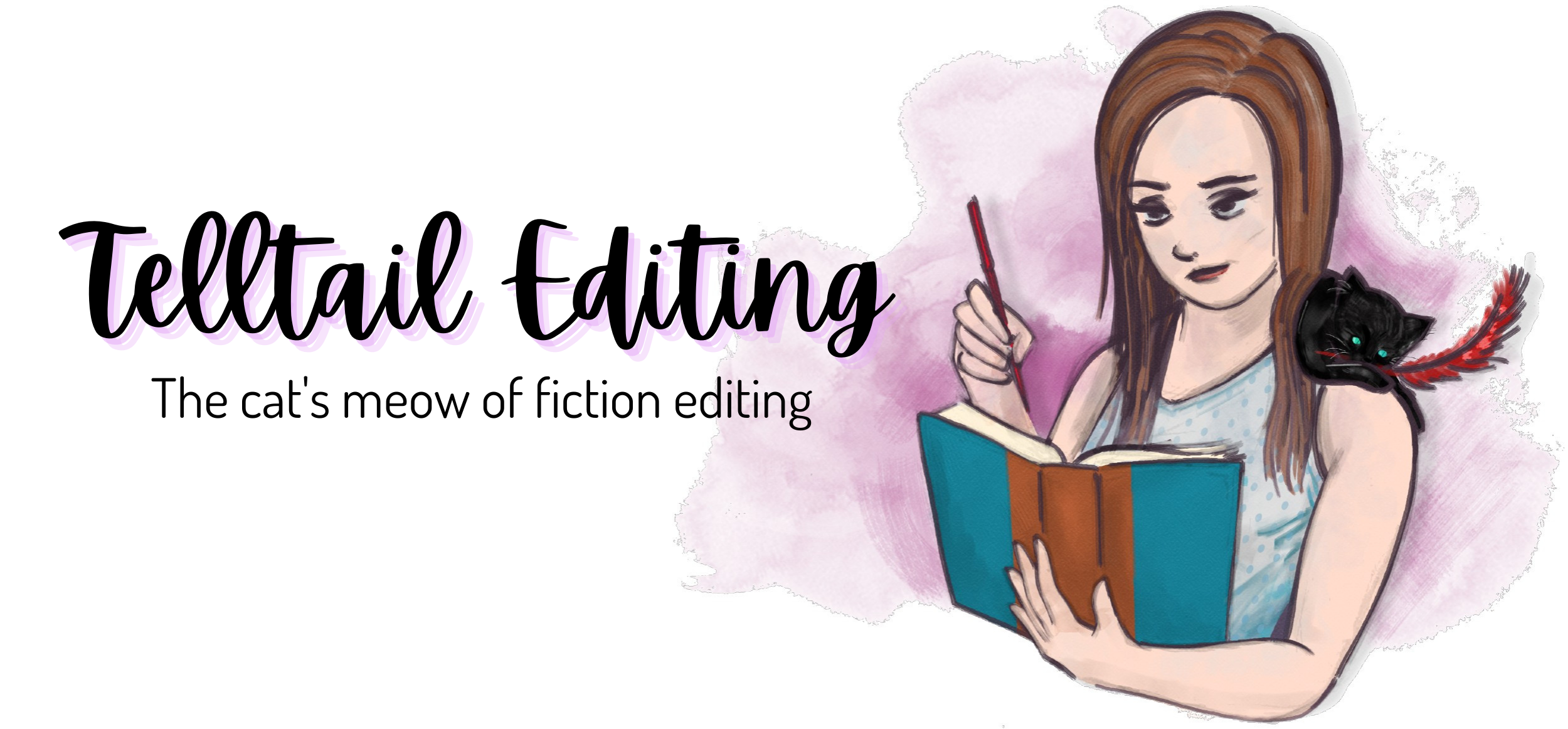Filler words pop up frequently during the drafting stage when you’re banging out the words but should be cut when it comes time to edit. Every word on the page needs to be justified, and filler words often make the prose clunky and needlessly fluffy when your message could be expressed much more succinctly.
Some filler words add to the prose because it’s part of your voice or because it helps with impact, so I’m not advocating deleting every one. You have to honestly judge which add something and which are unnecessary. It can be difficult sometimes. Editors, as an objective set of eyes, can help with this.
I recently finished my latest work-in-progress and am in my first round of self-editing. I curiously looked up a couple of filler words (actually and really) to see how often I used them, and wow, more than I realized…. Whoops.
Some common filler words
- Actually
- Basically
- Absolutely
- That
- If you can read it out loud and it’s fine without it, delete it.
- Feel
- If the story is in close perspective, we can generally assume your character is feeling something.
Clunky: She felt her heart pounding in her chest.
Better: Her heart pounded in her chest.
- If the story is in close perspective, we can generally assume your character is feeling something.
- Seemed
- Literally
- Like, literally don’t. Nine out of ten times, if you have to say literally, you’re not doing your job as a writer. If it’s for effect, so be it.
- Just
- Aka my personal downfall. Just can be a useful word, but since it’s so common in everyday speech, it can be overused without even realizing it. Most of the time, the meaning of the sentence isn’t changed when it’s taken out.
- Quite
- Really
- Very
- These three are weak words. Find a stronger verb/noun/adjective or description.
Weak: She was really/very/quite tired.
Better: She was exhausted.
Weak: She really wanted to go to the concert.
Better: She wanted to go to the concert more than she wanted her next breath.
- These three are weak words. Find a stronger verb/noun/adjective or description.
- A little
- A lot
- Slightly
- Kind of
- Sort of
- As with the bundle above, these are weak words that often water down what you’re trying to say.
- So
- And then
- These two can be good transitions, but typically, when your writing is clear and understandable, they’re unnecessary and can slow down the pacing.
My advice is to use the find function if you’re using Word or Google Docs and see how many times you use some of these words. Try to cut down on them in your editing process. A good resource if you’re having trouble is ProWritingAid. I discovered them recently, and while the free version doesn’t catch as much as the paid version, it’ll catch these filler words and point them out.
And again, editors are great resources to help with these kinds of things since this is part of their job. If you’re struggling with filler words, reach out to me, and I can help you!
Which ones are you guilty of? What are some of your tips for dealing with filler words?
If you missed the last post, check it out here.


Trackbacks/Pingbacks